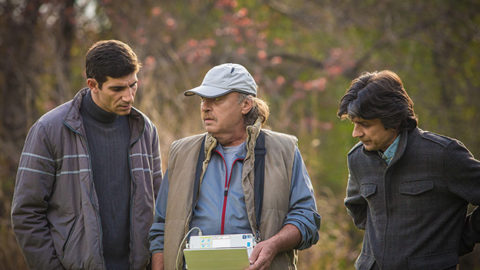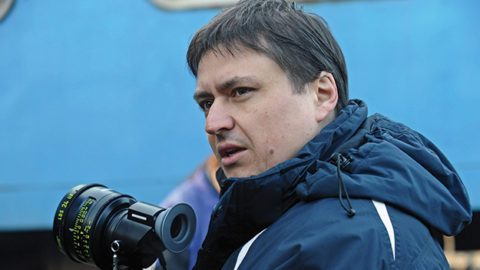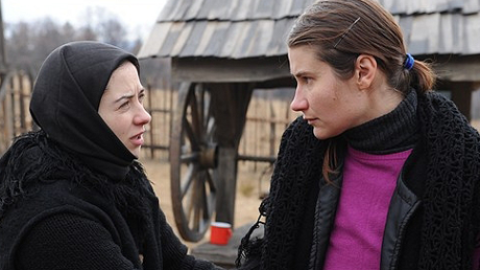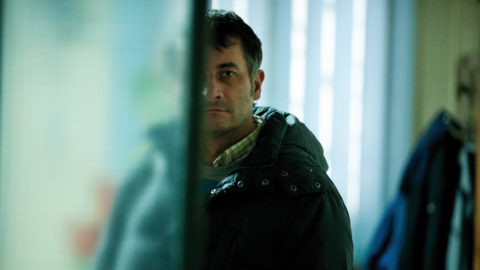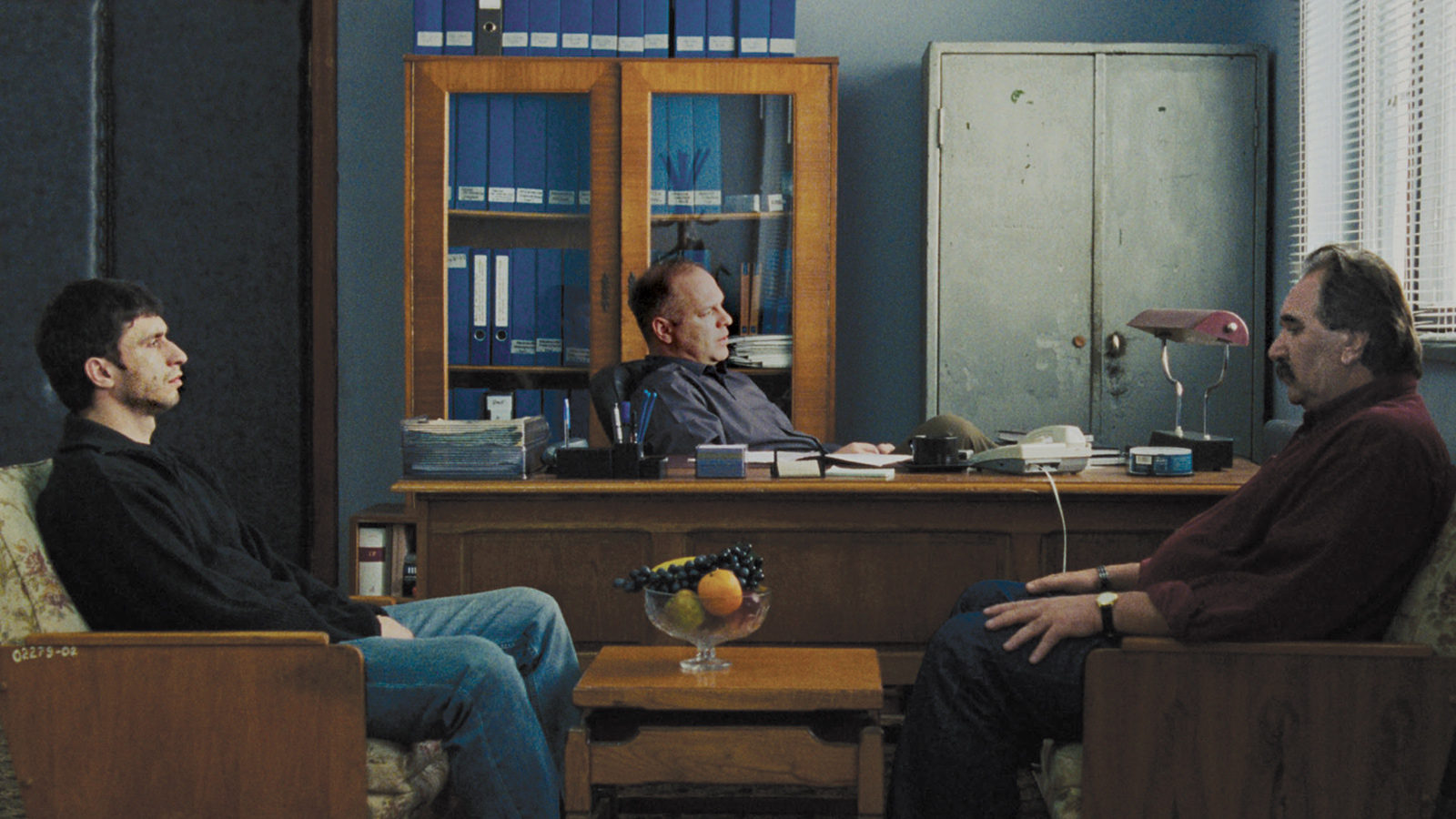
The Uncertainty Principle
There has been a relatively recent artistic upsurge of Romanian movies released in the U.S., following the fall of the repressively Stalinist Ceausescu regime late in 1989 when the dictator abandoned the presidential palace in Bucharest. This time and place of political upheaval has been commemorated in the title of Corneliu Porumboiu’s first feature, 12:08 East of Bucharest (06).

Previously, the writer-director’s two short films, A Trip to the City (03) and Liviu’s Dream (04), had won awards at film festivals in a number of countries. 12:08 East of Bucharest was selected for the Directors’ Fortnight at the 2006 Cannes Film Festival, where it won the Camera d’Or for best first feature, then went on to amass over 20 awards in festivals around the world, and was eventually distributed in more than 30 countries.
The odd thing is that Porumboiu, now 35, and his compatriots in the Romanian film industry have not seized the opportunity to celebrate the joys of liberation from a hateful tyrant. Instead, they have turned out a succession of somber dissections of a still malfunctioning society, beginning (to my knowledge) in 2005 with Cristi Puiu’s The Death of Mr. Lazarescu, a searing indictment of haphazard medical procedures in Romania, but one not without a degree of tolerance and understanding for the various characters caught up in the shortcomings of a system.
Porumboiu’s 12:08 East of Bucharest came out the following year with a more satirical approach to the issue as seen from the vantage point of the director’s hometown of Vaslui, northeast of Bucharest, and the town’s ill-equipped television station, at which one of the forlorn characters attempts to conduct a talk-show discussion on Vaslui’s debatable role in the 1989 revolution. The three pathetic panelists are bombarded with angry telephone calls from aggrieved viewers questioning the claims and credentials of the show’s amateurishly presented participants.
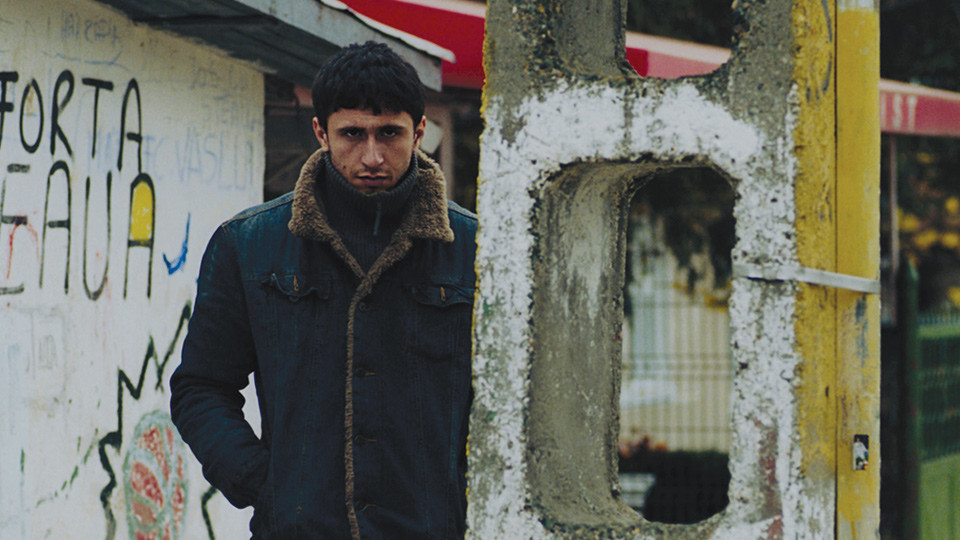
Now, in 2009, Mr. Porumboiu has returned with his second feature, Police, Adjective, which won the Un Certain Regard prize this past spring at Cannes, and has subsequently been shown at the Toronto International Film Festival and, most recently, the New York Film Festival.
In his latest foray, Porumboiu has returned to Vaslui, which is now the scene of a mostly low-key policier involving a taciturn plainclothes detective named Cristi (Dragos Bucur) and his painstaking shadowing of hashish-sniffing students at a local high school. His superior, Anghelache (Vlad Ivanov), is pressing him to make arrests more quickly. But Cristi is beset with doubts about the permanence of Romania’s stringent drug laws that punish even offering hashish to a companion without asking for recompense. He’s not sure that he wants to ruin a young man’s life over an offense that might be decriminalized in the near future. Instead, Cristi prefers to wait until he can nab a drug kingpin, who is making money off of the student’s criminal endeavors.
The moral dilemma Cristi faces is very slowly developed through the seemingly endless bureaucratic drudgery of compiling detailed files on a methodical surveillance of the suspect and his companions. The film proceeds at Detective Cristi’s pace, stopping and starting, hiding and emerging, scanning and staring, as the languid camera surveys the dismal neighborhoods with undisguised ennui.
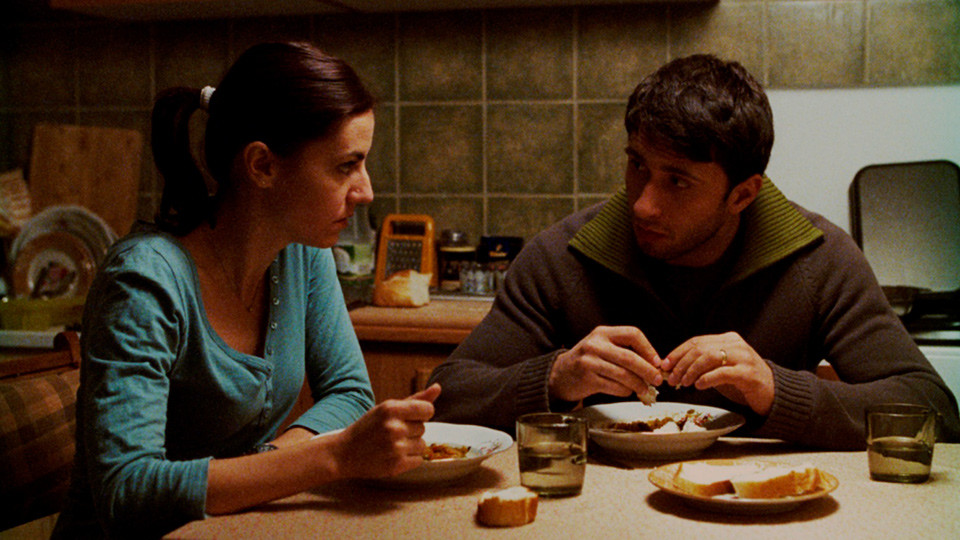
Cristi’s home life with his fanciful wife, Anca (Irina Saulescu), is no more scintillating than his tedious tasks at the “office.” But yes, Virginia, there is a climax, and it is richly achieved with the assistance, of all things, of a Romanian dictionary, which Anghelache exploits to box in Cristi’s conscience with a network of words, words, words. It is difficult to describe or even to believe, but their endgame contains a parable of society’s mechanisms designed to bring all its citizens to heel. In short, the New Romanian Cinema has become a searchlight illuminating not so much our immediate fears as our eternal doubts.



